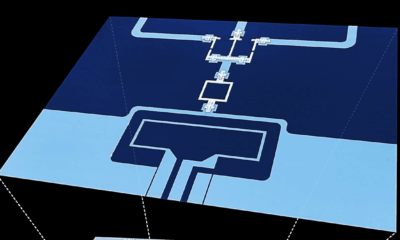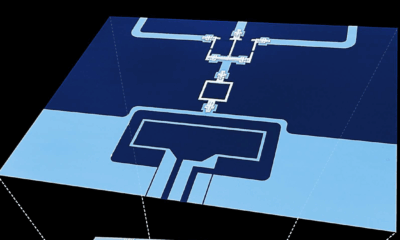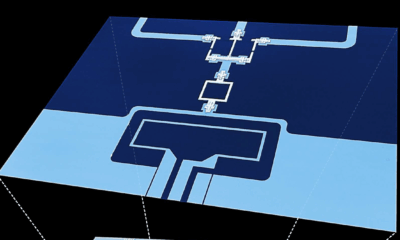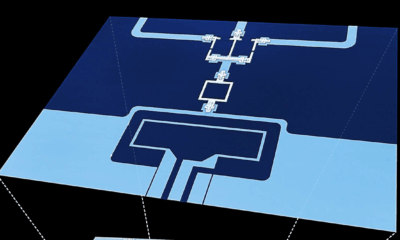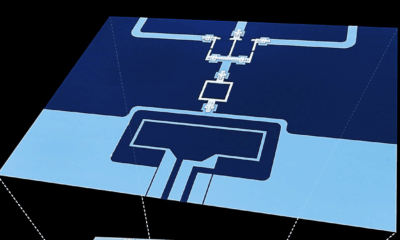Science
Nobel Prize in Physics Honors Pioneers of Quantum Technology
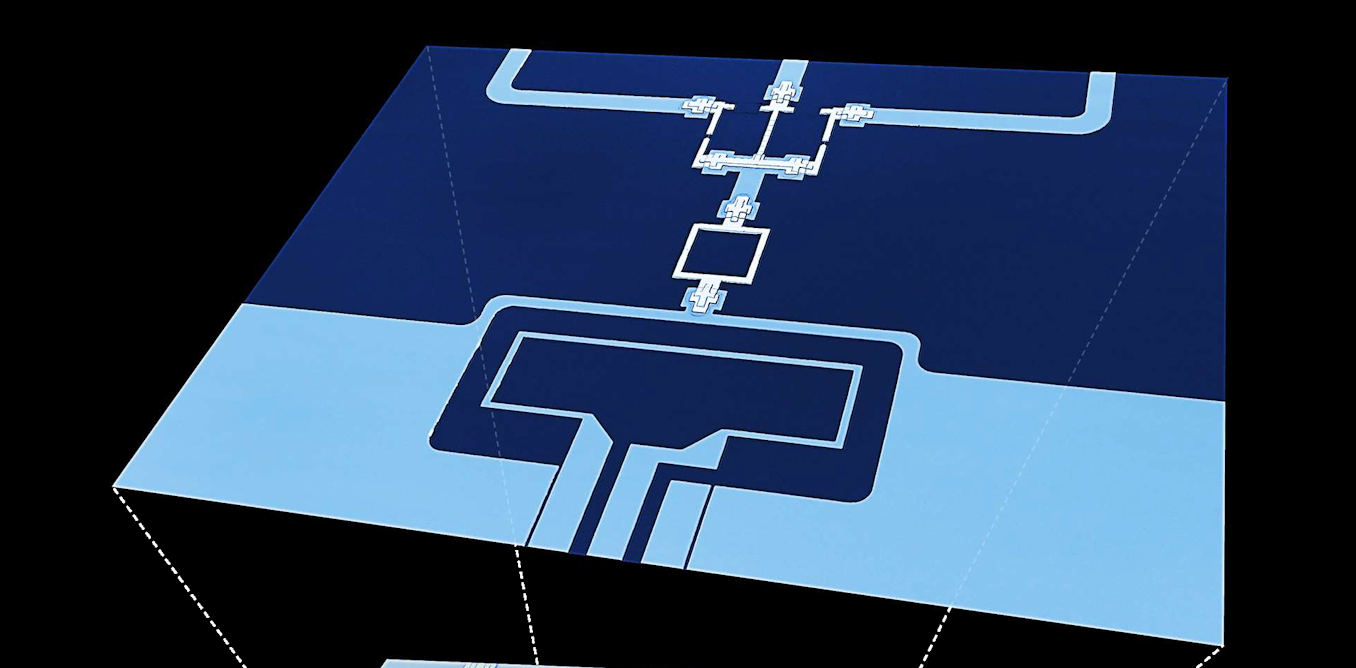
The 2025 Nobel Prize in Physics has been awarded to three scientists for their groundbreaking research in ultracold electronics, significantly advancing the field of quantum technology. The laureates, John Martinis, Michel Devoret, and John Clarke, were recognized for demonstrating that quantum effects can persist in large superconducting circuits, paving the way for practical applications in quantum computing and beyond.
Quantum mechanics, which describes the behavior of microscopic particles, has the potential to revolutionize numerous fields, including chemistry and cryptography. Traditional computers struggle with complex problems that involve vast numbers of possible solutions. Quantum computing promises to overcome these limitations by leveraging the unique properties of quantum systems.
Revolutionizing Understanding of Superconductors
The foundational work of Martinis, Devoret, and Clarke dates back to the mid-1980s. Their research revealed that even large electrical circuits, made from superconducting materials like niobium and lead, can exhibit quantum behavior when cooled to just above absolute zero. This discovery confirmed that superconductors can carry electric current without generating heat, and that their voltages and currents operate under quantum mechanical principles.
This revolutionary understanding of superconducting circuits has led to the identification of discrete energy levels and the ability to exist in superpositions of multiple states. The ability to describe these circuits as single quantum particles has positioned superconducting technology as a cornerstone for future advancements in quantum computing.
Today, superconducting circuits are not only essential for fundamental physics research but also have practical applications. For instance, the Devoret group recently unveiled a highly efficient microwave amplifier based on superconducting technology, which has implications for communications and scientific instruments.
Advancements in Quantum Computing
Superconducting circuits serve as robust platforms for quantum computing, allowing multiple quantum systems to interact and become entangled. This entanglement is a key feature that enhances the computational power of quantum systems. Quantum bits, or qubits, are fundamental to this technology, needing to be coherent, controllable, and scalable.
While various technologies show potential in quantum computing, superconducting circuits have emerged as particularly advantageous. Their design flexibility enables researchers to tailor qubit behavior effectively, making them easier to control than other systems. This combination of scalability, reliability, and quantum coherence positions superconducting qubits as a leading choice for developing large-scale quantum processors.
As research continues, academic institutions and industry players are collaborating to translate these innovations into practical applications. John Martinis has taken a leading role in advancing quantum processor technology through his work with Google, while Michel Devoret continues to contribute to similar efforts.
The lasting impact of the Nobel laureates extends beyond their early work; their contributions have shaped the careers of many in the field, including current researchers. The community acknowledges the significant mentorship and guidance provided by these pioneers, underscoring the importance of academic lineage in scientific advancement.
As the field of quantum technology evolves, the recognition of these scientists highlights the potential for superconducting circuits to drive future innovations across various domains, from ultra-precise sensors to advanced computational systems. The momentum generated by their discoveries will undoubtedly influence the trajectory of scientific research for years to come.
-

 World1 week ago
World1 week agoPrivate Funeral Held for Dean Field and His Three Children
-

 Top Stories2 weeks ago
Top Stories2 weeks agoFuneral Planned for Field Siblings After Tragic House Fire
-

 Sports3 months ago
Sports3 months agoNetball New Zealand Stands Down Dame Noeline Taurua for Series
-

 Entertainment3 months ago
Entertainment3 months agoTributes Pour In for Lachlan Rofe, Reality Star, Dead at 47
-

 Entertainment2 months ago
Entertainment2 months agoNew ‘Maverick’ Chaser Joins Beat the Chasers Season Finale
-

 Sports3 months ago
Sports3 months agoSilver Ferns Legend Laura Langman Criticizes Team’s Attitude
-

 Sports1 month ago
Sports1 month agoEli Katoa Rushed to Hospital After Sideline Incident During Match
-

 World2 weeks ago
World2 weeks agoInvestigation Underway in Tragic Sanson House Fire Involving Family
-

 Politics2 months ago
Politics2 months agoNetball NZ Calls for Respect Amid Dame Taurua’s Standoff
-

 Top Stories2 weeks ago
Top Stories2 weeks agoShock and Grief Follow Tragic Family Deaths in New Zealand
-

 Entertainment3 months ago
Entertainment3 months agoKhloe Kardashian Embraces Innovative Stem Cell Therapy in Mexico
-

 World4 months ago
World4 months agoPolice Arrest Multiple Individuals During Funeral for Zain Taikato-Fox



